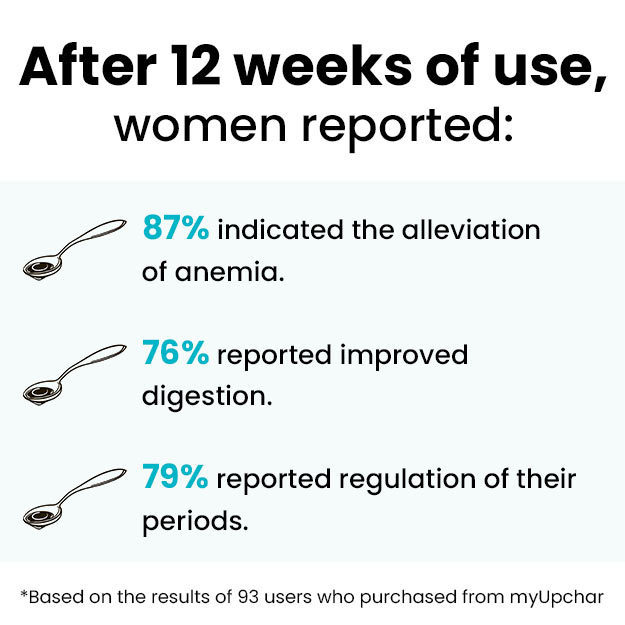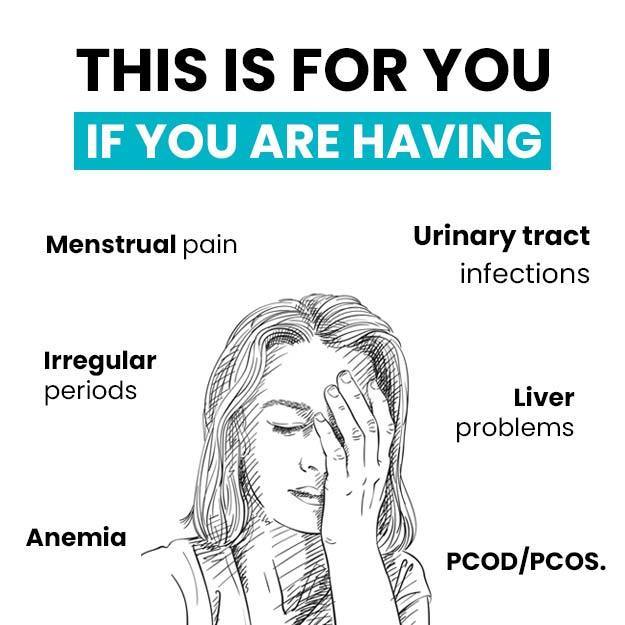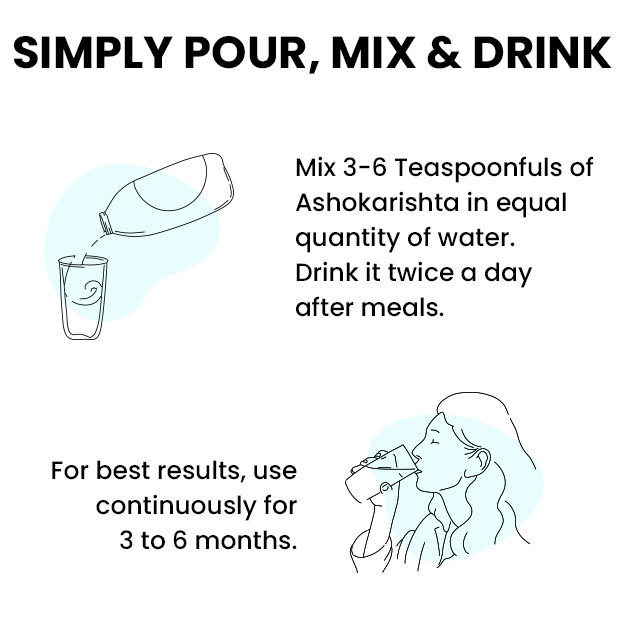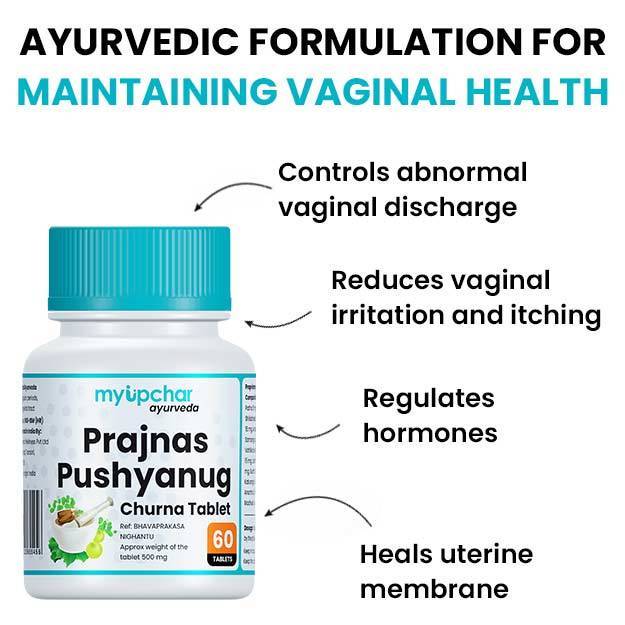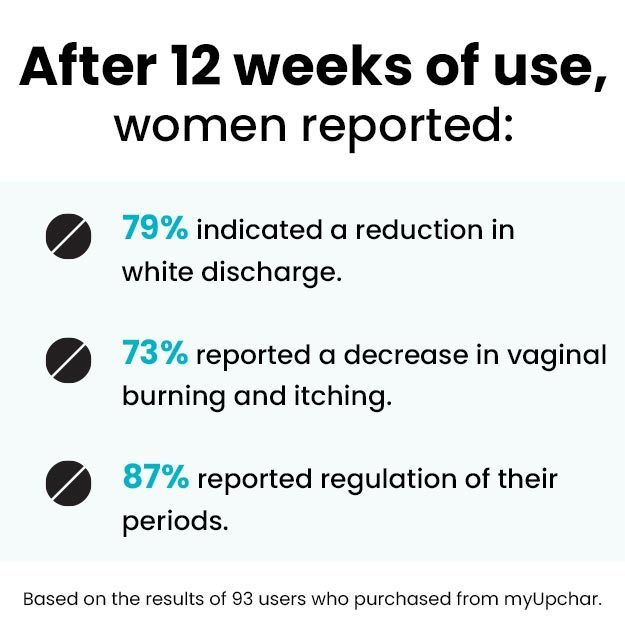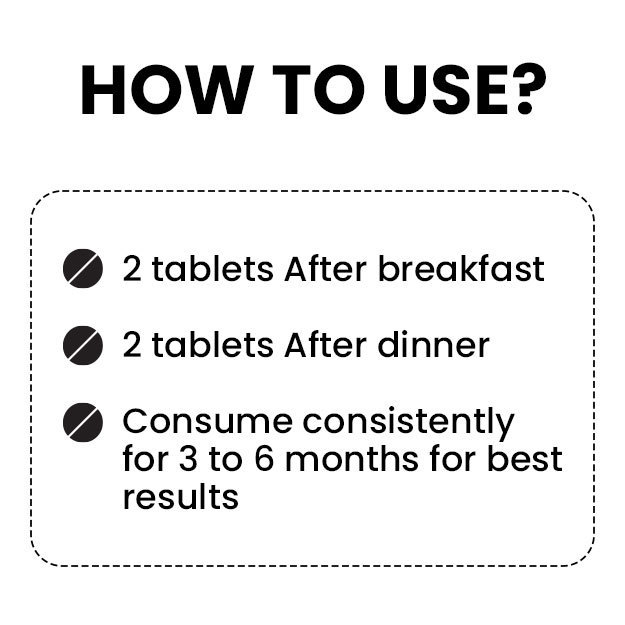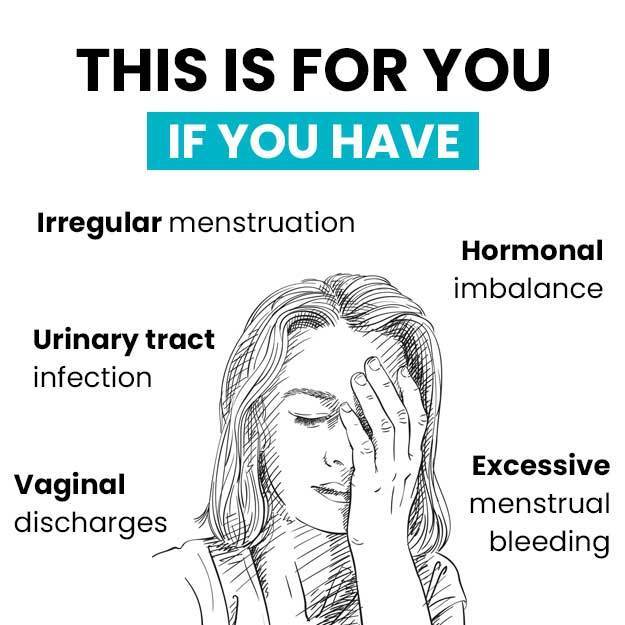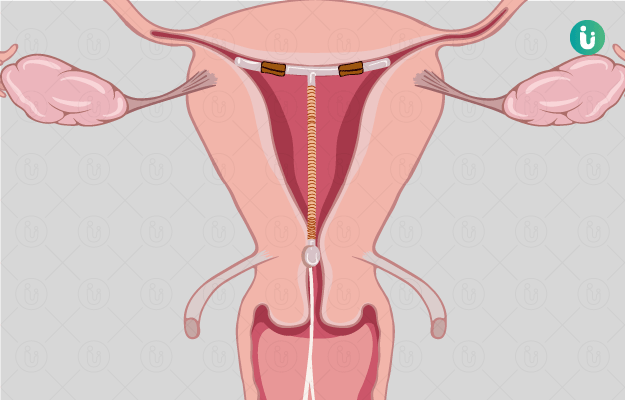As the pregnancy progresses, the pregnant woman starts feeling difficulty in breathing even after doing even the most normal and routine tasks, especially after climbing stairs. According to a study conducted in 2015, about 60 to 70 percent of women experience shortness of breath during pregnancy. They start feeling difficulty in breathing or start feeling short of breath even after doing even a little strenuous work.
According to doctors, the growing uterus of a pregnant woman starts pushing itself upwards towards the lungs and due to this the pregnant woman experiences difficulty in breathing. Apart from this, during pregnancy, the body keeps trying to adjust to the hormonal changes happening continuously and due to this, problems of breathlessness may also occur. However, sometimes shortness of breath during pregnancy can also be a sign of a serious disease like pneumonia or blood clot.
(Read more - Diet during the first month of pregnancy)
In this article, we are giving you information about the possible causes of shortness of breath and shortness of breath during pregnancy, as well as what to do in case of shortness of breath and under what circumstances one should contact the doctor.



















